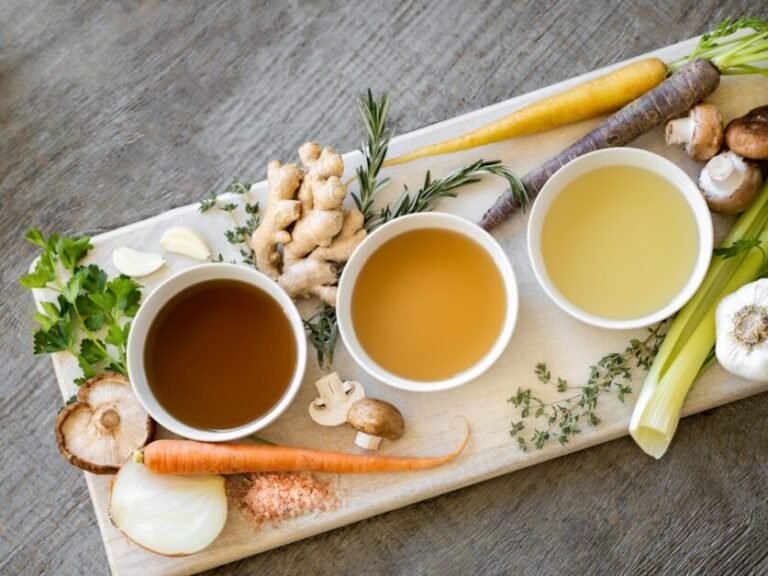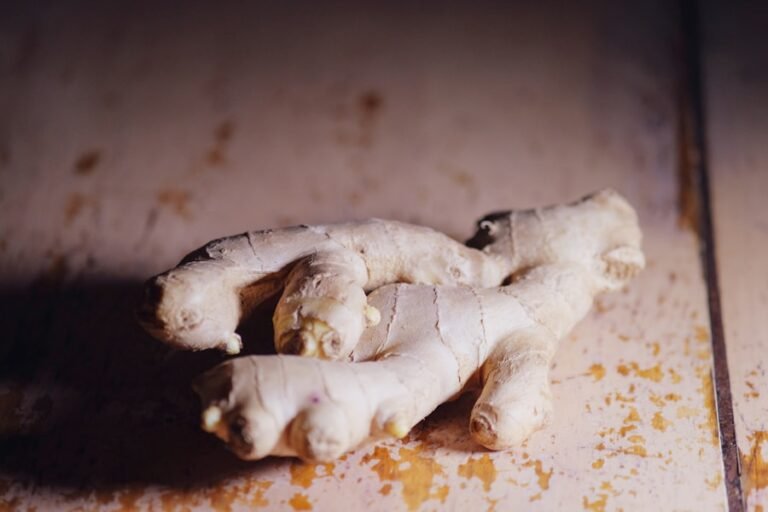Stop Your Period Naturally: Home Remedies That Actually Work
Menstrual periods are a natural part of a woman’s reproductive cycle. They occur when the lining of the uterus sheds, resulting in bleeding that typically lasts for 3-7 days. While menstrual periods are a normal and healthy process, they can be inconvenient and uncomfortable for many women. Some women may experience heavy bleeding, cramps, bloating, and mood swings during their periods. In some cases, women may want to stop their periods for a short period of time due to a special event or vacation. There are natural ways to stop your period that can help manage these symptoms and provide relief.
Natural Ways to Stop Your Period
There are several natural ways to stop your period or reduce its duration and intensity. One method is to use heat therapy, such as applying a heating pad or taking a warm bath, to help relax the muscles in the uterus and reduce cramping. Another natural remedy is to increase your intake of vitamin C, which can help to thin the uterine lining and reduce the duration of your period. Additionally, drinking herbal teas such as ginger or chamomile can help to alleviate menstrual symptoms and reduce the flow of blood. Some women also find relief from their periods by practicing relaxation techniques such as yoga or meditation, which can help to reduce stress and alleviate cramps.
Diet and Nutrition
Diet and nutrition play a crucial role in managing menstrual symptoms and regulating the menstrual cycle. Eating a balanced diet that includes plenty of fruits, vegetables, whole grains, and lean proteins can help to support overall reproductive health. Some foods, such as fatty fish, nuts, and seeds, are rich in omega-3 fatty acids, which have been shown to reduce inflammation and alleviate menstrual cramps. On the other hand, consuming excessive amounts of caffeine, alcohol, and processed foods can exacerbate menstrual symptoms and lead to irregular periods. It’s also important to stay hydrated by drinking plenty of water, as dehydration can worsen bloating and cramping during your period.
Herbal Remedies
Herbal remedies have been used for centuries to manage menstrual symptoms and regulate the menstrual cycle. One popular herbal remedy is chasteberry, which is believed to help balance hormones and reduce PMS symptoms. Another herb, dong quai, has been used in traditional Chinese medicine to regulate the menstrual cycle and alleviate menstrual cramps. Additionally, raspberry leaf tea is known for its ability to tone the uterus and reduce heavy bleeding during menstruation. However, it’s important to consult with a healthcare professional before using herbal remedies, as they may interact with certain medications or have side effects.
Lifestyle Changes
Making certain lifestyle changes can also help to stop your period or reduce its intensity. For example, reducing stress through activities such as yoga, meditation, or deep breathing exercises can help to regulate the menstrual cycle and alleviate PMS symptoms. Getting an adequate amount of sleep is also important for hormonal balance and overall reproductive health. Additionally, avoiding exposure to environmental toxins such as BPA and phthalates can help to regulate the menstrual cycle and reduce the risk of hormonal imbalances.
Exercise and Physical Activity
Regular exercise and physical activity can have a positive impact on menstrual health. Engaging in moderate-intensity exercise such as walking, swimming, or cycling can help to regulate the menstrual cycle and reduce the severity of menstrual symptoms. Exercise can also help to improve blood flow to the pelvic area, which can alleviate cramps and reduce the duration of your period. However, it’s important to avoid excessive exercise or intense physical activity, as this can lead to irregular periods and hormonal imbalances.
Conclusion and Final Tips
In conclusion, there are several natural ways to stop your period or reduce its intensity and duration. From heat therapy and herbal remedies to diet and lifestyle changes, there are many options available for managing menstrual symptoms and regulating the menstrual cycle. It’s important to consult with a healthcare professional before making any significant changes to your diet or lifestyle, especially if you have underlying health conditions or are taking medications. Additionally, it’s important to listen to your body and pay attention to any changes in your menstrual cycle, as this can be an indicator of overall reproductive health. By taking a holistic approach to managing menstrual symptoms, you can find relief and support your overall well-being.









